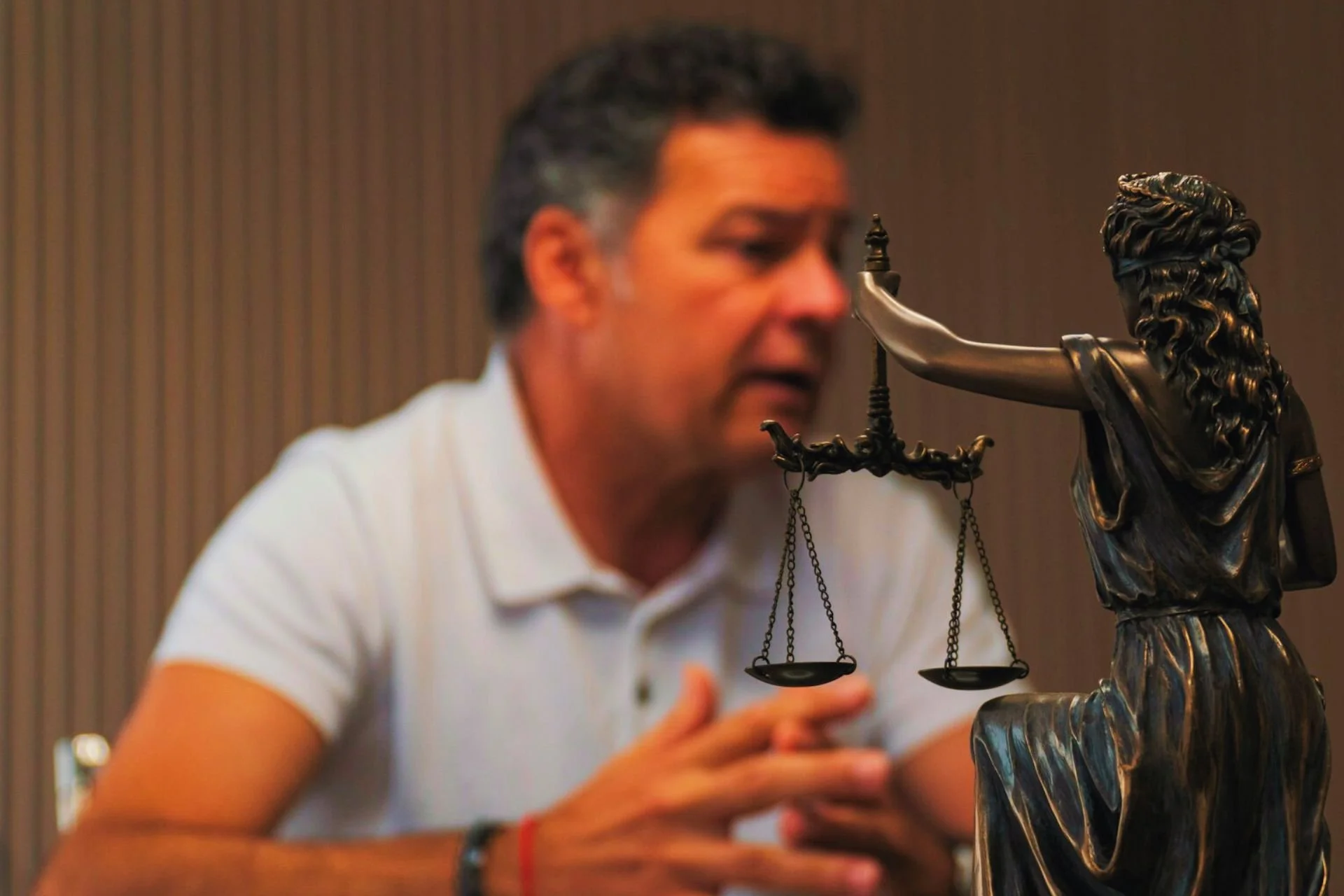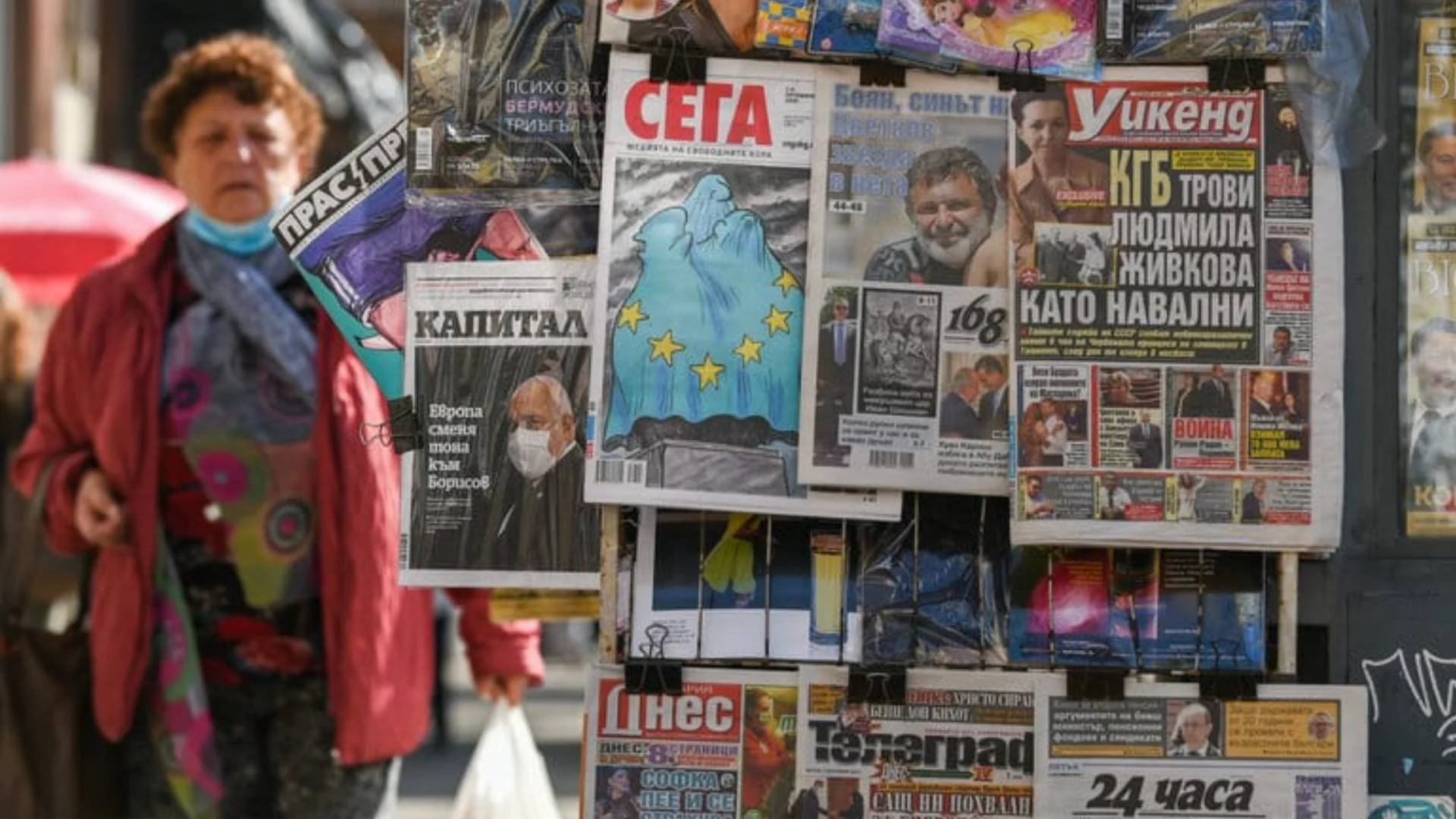The EU Can’t Expand While Dodik Shrinks Democracy
“Enlargement is security” — that’s Brussels’ new mantra. Russia’s war has redrawn the map of EU policy, turning once-sleepy accession files into urgent fronts of influence. From Tiranë to Skopje, the EU says the goal is clear: protect Europe by completing it.
This week’s European Parliament hearings made the point loudly. Enlargement, leaders said, is no longer just technical, it’s strategic.
But in Bosnia and Herzegovina, that strategy is faltering. In Republika Srpska, Milorad Dodik is exploiting the vacuum by using disinformation and secessionist theatrics to test how far Brussels will bend.
The EU claims that enlargement is a pillar of strategic sovereignty. If so, then the battle for Bosnia is not just about institutional reform — it’s about information sovereignty. And on that front, the Union is dangerously exposed.
Dodik’s Disinformation Diplomacy
Entity president Milorad Dodik has perfected the art of institutional sabotage. One week, he threatens secession. The next, he unveils a supposed “Trump envoy” sent to investigate American aid — a fabrication debunked within days, but not before fringe claims leapt from dodgy portals to mainstream debate within hours, amplified by bots, influencers, and state-aligned media.
Dodik’s playbook is well-worn: spin a conspiracy, vilify civil society, and flood the airwaves with nationalist noise. The aim is to shrink civic space and dare Brussels to react. So far, it hasn’t.
This is no longer just theatrical politics — it’s a data-driven strategy. In Republika Srpska’s unregulated digital sphere, Dodik’s narrative warfare thrives. The absence of a digital rulebook — no transparency standards, no ad tech regulation, no algorithmic accountability — creates an ecosystem primed for manipulation.
The EU’s own digital democracy framework acknowledges these risks, yet in Bosnia, enforcement is missing in action. This isn’t just a failure of policy — it’s a surrender of the information space to those who profit from disinformation. And for a bloc that claims enlargement is about strategic sovereignty, that blind spot is perilous.
The Media Front Line of EU Security
What Dodik understands — and Brussels still resists confronting — is that sovereignty today is contested through information.
Bosnia fits a troubling but familiar candidate-country formula: a captured media landscape, harassed journalists, sidelined civil society, and a digital sphere where Russian-aligned disinformation blurs into local ethno-nationalist propaganda — all all unchecked in the absence of information sovereignty.
This is a European security gap in enlargement talks. Strategic sovereignty doesn’t stop at energy grids or border posts — it extends to digital infrastructure, to platforms, and to truth itself.
Yet the EU’s rhetoric still floats above the ground. At the European Parliament this week, Enlargement Commissioner Marta Kos framed accession as a peace project — the moral and strategic completion of Europe. But in Bosnia, that vision collides with a fractured political landscape: reform bills scrape through on razor-thin margins, ethnic vetoes paralyze institutions, and crisis management is outsourced to an international envoy with no democratic mandate or local legitimacy.
The EU applauds Bosnia’s “candidate status” while overlooking democratic backsliding on media freedom, judicial independence, and civic space. It mistakes symbolic gestures for structural change — and signals to the region that conditionality bends when geopolitics demand it.
But the rule of law cannot be selectively applied. Either enlargement consolidates democracy, or it doesn’t. Europe cannot champion sovereignty abroad while allowing it to decay at its own edges.
A Strategic Course Correction
If the EU truly wants to treat Bosnia as a future member, it must act accordingly. That means recognizing media freedom not as a peripheral reform, but as core security infrastructure essential to the country’s stability and democratic resilience.
It requires directly funding independent media and watchdog journalism through EU-level channels that bypass captured state intermediaries. It demands integrating Bosnia into EU digital and cyber cooperation mechanisms even before full accession. The EU must draw clear red lines on disinformation and secessionist rhetoric — and enforce those lines with concrete consequences rather than empty communiqués.
Finally, it means beginning a phased transition away from the increasingly counterproductive reliance on the Office of the High Representative (OHR) — the post-Dayton international oversight body — toward an EU-led constitutional process that restores sovereignty through accountable, local institutions.
That transition won’t succeed through legal reform alone. It requires building the democratic muscle that makes foreign oversight obsolete — starting with an independent, pluralistic media capable of holding power to account. A free, resilient information ecosystem is the precondition for domestic legitimacy. Without it, the EU will remain trapped in a cycle of crisis management. With it, Bosnia can begin to reclaim real sovereignty — not just from the OHR, but from the disinformation actors who currently define the narrative terrain.
The Periphery Is the Front Line
Europe’s future won’t be decided in Brussels. It will be shaped at its edges — in contested democracies where Russia tests the limits of EU resolve and where the line between governance and propaganda is razor-thin.
Bosnia is not a legacy problem frozen in time. It is a frontline case. It is where the EU’s security logic — and its enlargement narrative — are most urgently on trial.
If Europe cannot defend the truth in Bosnia, it risks undermining the very foundations of the Union itself.
Our readers read next:






